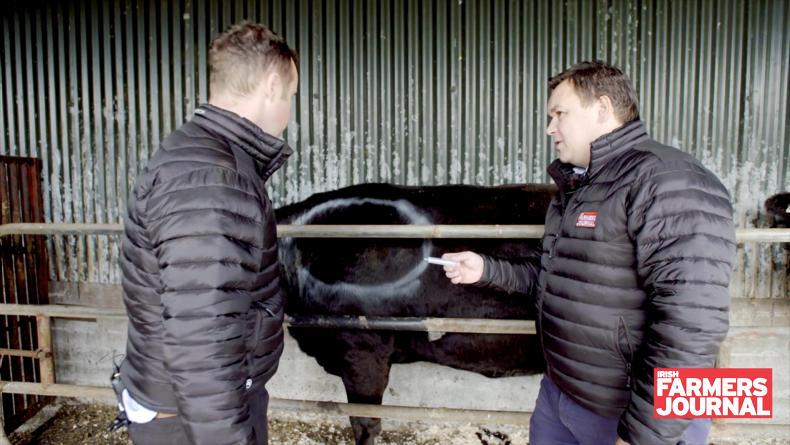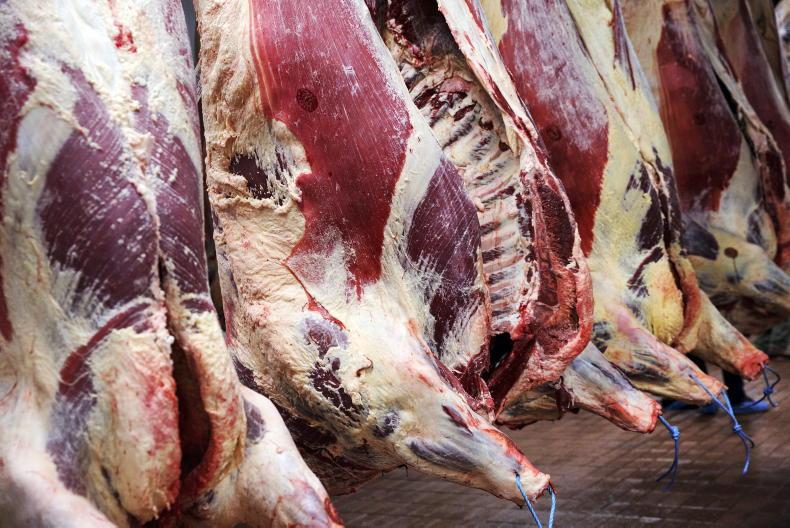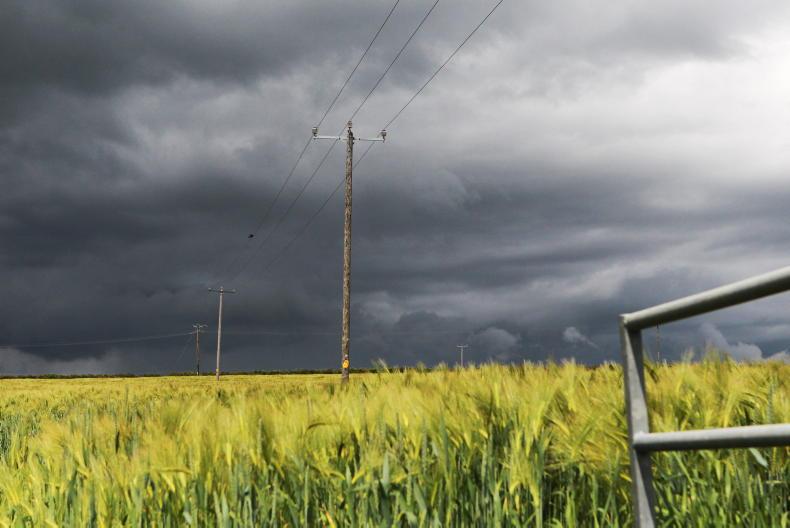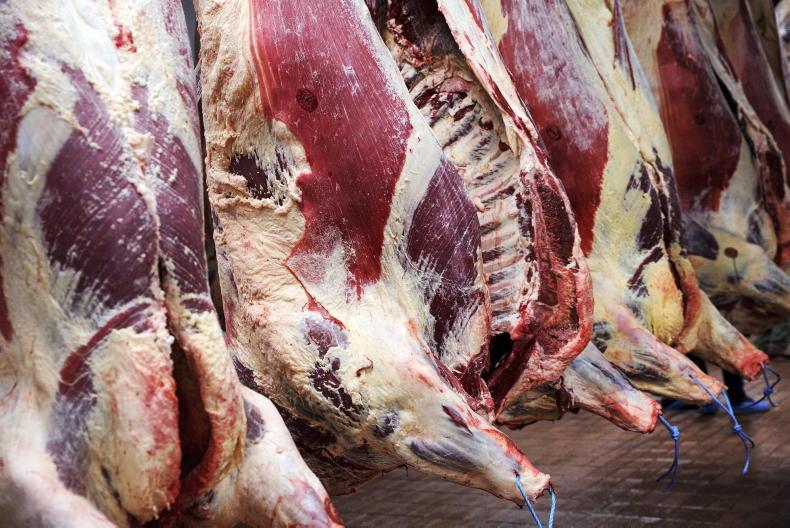Five tips to carrying out a clinical exam
1 Good restraint
Animals can be dangerous and sick animals can be unpredictable. Having them properly restrained allows you examine them and also administer treatments effectively.
2 Proper equipment (thermometer)
A functioning digital thermometer is a must on every farm. The normal temperatures for a range of farm animals are as follows:
Cow 37°C to 39°C.Dairy cow 38°C to 39.3°C.Sheep 38.3°C to 39.6°C. For weanlings and young cattle, a temperature over 39.5°C should raise some alarm.
3 Tip to tail
We often tend to see a lump or a snotty nose and make an assumption about a problem. Watch the video above, as we describe how you should move from the tip of the nose to the tip of the tail looking for problems.
4 Know the normal
If you spend time looking at healthy, normal animals, you will get so much better at examining sick animals. It means you will spot problems earlier.
5 Your vet
Engage your vet with all sick animals on farm and discuss any treatments you might be carrying out. Assess how effective your treatments are and, importantly, understand why things might be happening. Remember, disease can be an indicator of problems in management, housing or feeding.
Five tips to carrying out a clinical exam
1 Good restraint
Animals can be dangerous and sick animals can be unpredictable. Having them properly restrained allows you examine them and also administer treatments effectively.
2 Proper equipment (thermometer)
A functioning digital thermometer is a must on every farm. The normal temperatures for a range of farm animals are as follows:
Cow 37°C to 39°C.Dairy cow 38°C to 39.3°C.Sheep 38.3°C to 39.6°C. For weanlings and young cattle, a temperature over 39.5°C should raise some alarm.
3 Tip to tail
We often tend to see a lump or a snotty nose and make an assumption about a problem. Watch the video above, as we describe how you should move from the tip of the nose to the tip of the tail looking for problems.
4 Know the normal
If you spend time looking at healthy, normal animals, you will get so much better at examining sick animals. It means you will spot problems earlier.
5 Your vet
Engage your vet with all sick animals on farm and discuss any treatments you might be carrying out. Assess how effective your treatments are and, importantly, understand why things might be happening. Remember, disease can be an indicator of problems in management, housing or feeding.










SHARING OPTIONS